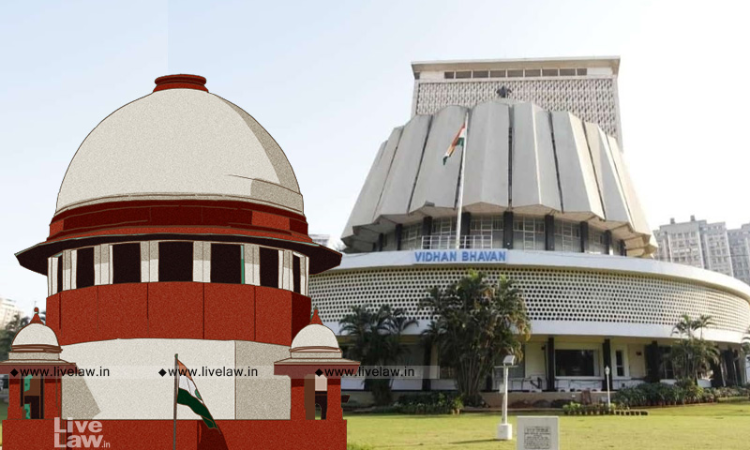'Suspension For One Year Worse Than Expulsion': Supreme Court Quashes Maharashtra Assembly's Resolution To Suspend 12 BJP MLAs
Srishti Ojha
28 Jan 2022 10:33 AM IST

Next Story
28 Jan 2022 10:33 AM IST
The Supreme Court on Friday quashed the Maharashtra Legislative Assembly's resolution of July 5, 2021, which suspended 12 BJP MLAs for a period of one year for alleged disorderly behaviour in the house.The Court held that the resolution to suspend the MLAs beyond the session is "unconstitutional", "illegal" and "beyond the powers of the assembly". It held that such suspension could be...
